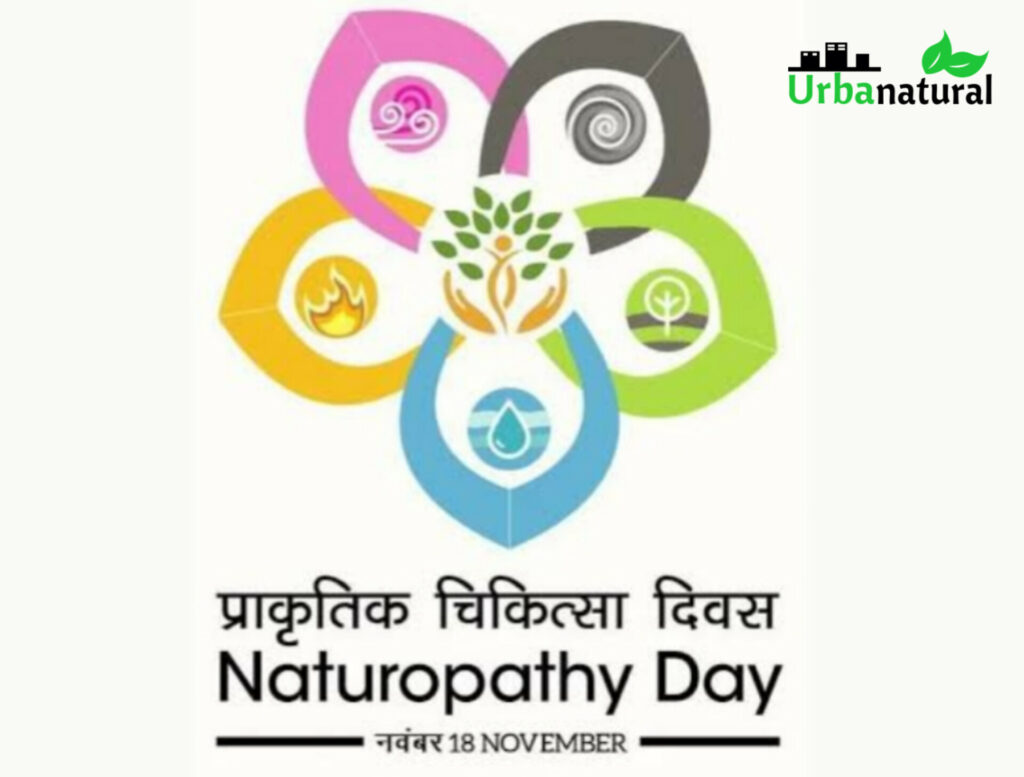While the word “savour” is often used in the context of food, we can also savour important experiences, moments or even visually compelling events, such as an exceptionally vibrant sunset.
While savouring a creamy chocolaty slice of cake is as blissful as it gets, according to a recent study the concept goes beyond taste buds. We can also savour a meaningful conversation, and it works wonders.
While the word “savour” is often used in the context of food, we can also savour important experiences, moments or even visually compelling events, such as an exceptionally vibrant sunset. So, too, can we savour meaningful conversations, says University of Arizona researcher Maggie Pitts.
Pitts, lead author of the study, examined the concept of savouring as it relates to human communication.
In a paper published in the Journal of Language and Social Psychology, she explores how people savor different types of communication. Her work builds on evidence from the field of positive psychology showing that savouring — or people’s capacity to recognize and appreciate enjoyable life experiences — can enhance wellbeing, relationships and quality of life.
Finding of the study were published in the journal of Journal of Language and Social Psychology.
So, what does “savouring” mean exactly? Pitts says it’s largely about slowing down the sensory experience.
“Savouring is prolonging, extending and lingering in a positive or pleasant feeling,” she said. “First, you feel something pleasant, then you feel pleasant about feeling pleasant, and that is where savouring comes in. It’s not just feeling good; it’s feeling good about feeling good, and then trying to trap that feeling.”
Using an online survey, Pitts set out to learn if and how people specifically savor communication experiences, both verbal and nonverbal.
She analysed responses from 65 young adults, average age 22. Respondents were first asked whether or not they savour communication and then asked to share a detailed example of an experience they had savoured.
From there, she identified seven different types of communication that people tend to savor:
2) Communication presence: This category includes conversations in which participants reported being so deeply engaged and completely in the moment with another person that it felt as if no one else mattered. These types of exchanges often were described as “real” or “entirely honest.”
3) Non-verbal communication: From hand gestures to physical contact to facial expressions, these exchanges emphasize nonverbal cues. A meaningful hug or smile might fall in this category.
4) Recognition and acknowledgement: This category encompasses communication in which participants were publicly acknowledged or offered appreciation, like an awards ceremony or a speech honouring an individual.
5) Relational communication: This category includes communication that establishes, confirms or gives insight into a relationship, such as a couple’s discussion about the future together or an intimate disclosure that brings two people closer.
6) Extraordinary communication: Many participants savoured communication around special moments, such as a wedding, illness, birth of a child or other “landmark memories.”
7) Implicitly shared communication: This category includes unspoken communication experiences that may be more difficult to articulate, such as feeling the excitement of a crowd around you, or looking at someone and instinctively knowing that you are sharing the same feeling.
While savouring typically happens in the moment, retroactive and anticipatory savouring are also possible and can be just as beneficial, Pitts said.
Disclaimer: All information, data and material has been sourced from multiple authors and is for general information and educational purposes only and are not intended to replace the advice of your treating doctor.
The views and nutritional advice expressed are not intended to be a substitute for conventional medical service. If you have a severe medical condition or health concern, see your physician.





